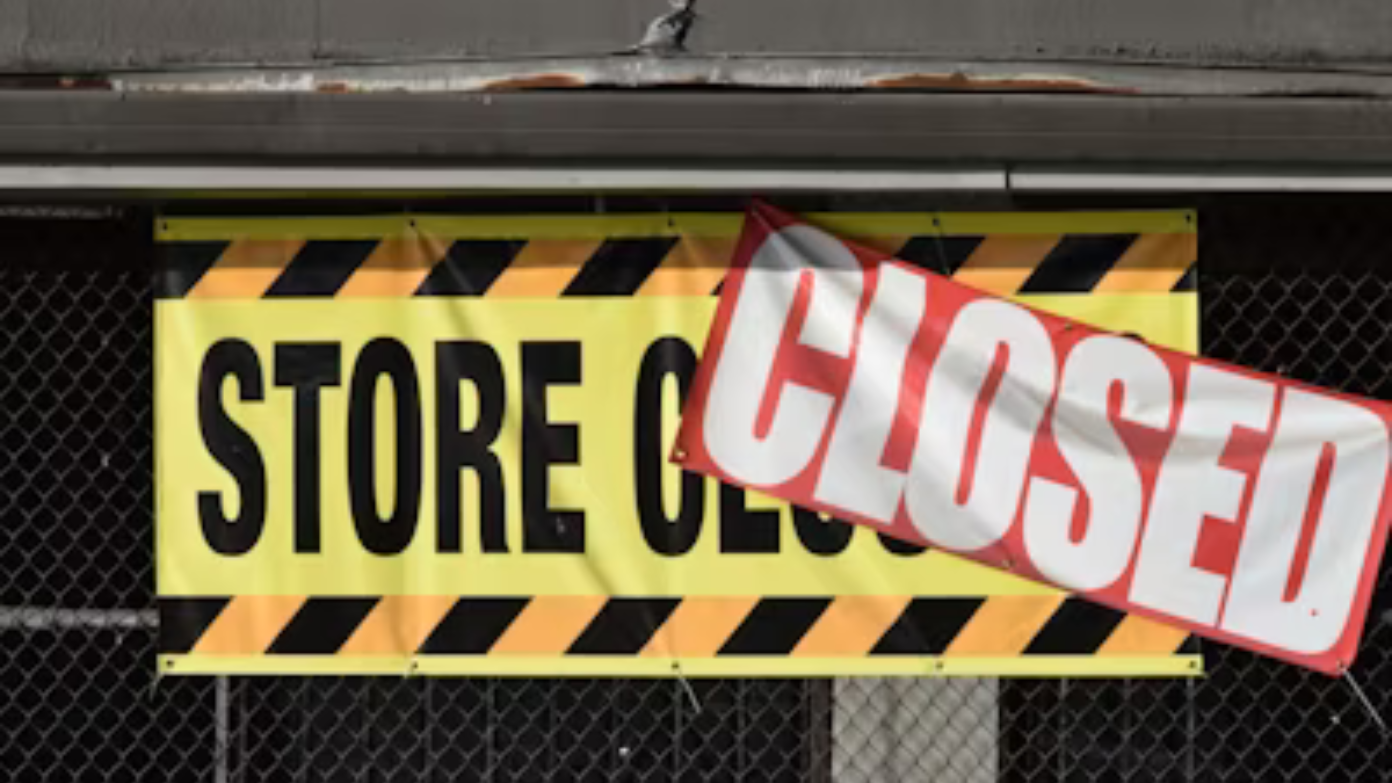Kroger, the corporate parent of Fred Meyer, made the announcement about the closure of two Washington State locations due to theft and adverse regulatory conditions that had rendered further operations unviable. The closures at Everett and Kent are part of a nationwide downsizing plan that will impact dozens of Kroger-owned stores across the United States.
Store locations and timeline
The two affected Fred Meyer stores are slated for permanent closure sometime in mid-October 2025. According to United Food and Commercial Workers Local 3000, the Everett location at 8530 Evergreen Way and the Kent location at 10201 SE 240th Street on East Hill are expected to close on either October 16 or 17 of this year. Both stores have experienced negative financial performance and are among the lowest in sales performing stores in the region as cited by Kroger.
From the standpoint of community impact, the Kent closure will severely disrupt many neighbourhood activities. Some 203 employees are employed by this store while another Fred Meyer at West Hill at 25250 Pacific Highway South remains open. Closure will cut down about 360 jobs across both sites.
Underlying factors behind the closures
Kroger gives several tightly-woven reasons for these closures linked to their unprofitability. “Unfortunately, due to a steady rise in theft and a challenging regulatory environment that adds significant costs, we can no longer make these stores financially viable,” Kroger spokesperson Tiffany Sanders said. The company indicated that despite its doubling of investments toward safety and security over the past several years, the companies are nevertheless hampered by these challenges.
The steal-off has gone unheeded at the Everett location; store manager Tyler Stumpf lamented before the Everett City Council in 2023 that the area is witnessing an “open-air drug market” in a now-defunct bank right next to the store parking lot. This has led to a growing concern with security and safety for the employees and customers, with members of the public stealing goods from the store for credits from drug dealers operating in that area.
Community impact and food desert concerns
The planned closure raised significant voices about food access in the particular communities, with union representatives foreshadowing the creation of food deserts in working-class neighborhoods. Both Everett and Kent stores are located in zip codes where household earning goes below the corresponding county median household income; a telltale sign that these closures will affect lower-income people disproportionately.
“Our concern is that this will create food deserts in our neighborhoods, making it harder for working-class people to get food,” said Rich Smith, a spokesman for United Food and Commercial Workers Local 3000. They took Kroger to task for not putting community needs ahead of profits while it simultaneously scuttled plans to open stores in presumably upscale areas.
Part of broader Kroger restructuring
The closures in Washington are part of Kroger’s national plan to shutter some 60 stores over 18 months, announced in June 2025. Such closure initiatives afford closure to several chains under Kroger’s belt- Fred Meyer, QFC, Harris Teeter, and Mariano’s locations in a number of states. This turns out to be about 2 percent of the total 2,731 stores Kroger runs in the United States, cumulatively contributing savings estimated at $100 million.
The restructuring follows Kroger’s $25 billion attempt to merge with Albertsons, which was thwarted by federal and state judges in December 2024. Considerable changes in leadership and strategic direction have passed since the failed merger attempt, opposing both companies, with Kroger trying to cut costs, even as it battles litigation with Albertsons over the failed deal.

